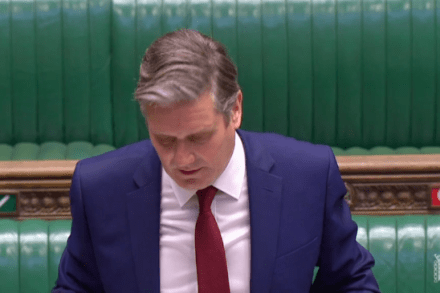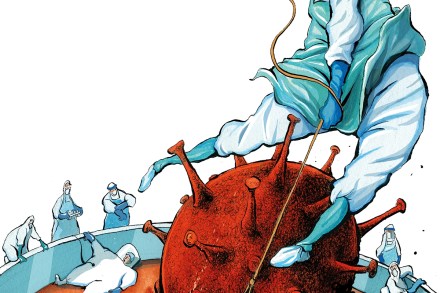Should we be using GPs to track and trace?
A simple and compelling point was made on Peston by former WHO director Anthony Costello last night: the UK already has a potentially world class network for track and trace in its GP surgeries. But these are being sidelined as outsourcing giants Serco and Sitel have been hired to organise clinical and non clinical people to sit at the end of a phone to have conversations with symptom sufferers to get them tested, trace who they’ve been with and (presumably) monitor their progress. According to Costello, GPs are not even allowed to order a Covid-19 test for patients (those patients have to do it for themselves). Now it may be





















